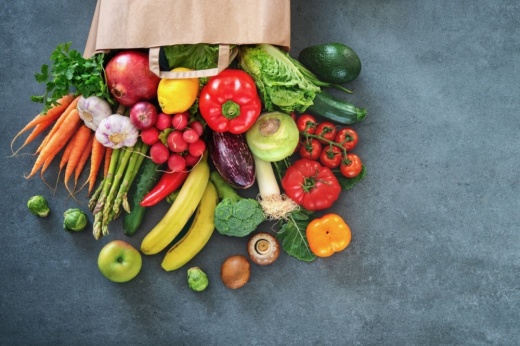Led by the Office of Environmental Quality and Sustainability, the Comprehensive Urban Agriculture Plan provides recommendations, solutions, initial action items and metrics in pursuit of the city’s food system resiliency challenges.
The new plan, which was approved during council's March 8 meeting, is intended to provide a strategic long-term framework for urban agriculture development for the city to use in its program and infrastructure planning efforts. The plan’s main goals are to remove regulatory barriers to implementation, support access to farmlands, provide access to urban agricultural education and resources, and facilitate collaboration between urban agriculture stakeholders.
“Historically, the Dallas area has been home to farms and ranches, but despite this rich history, today some of our residents struggle with food security and access to healthy options,” District 9 Council Member Paula Blackmon said during the meeting.
She also serves as chair of the Environmental and Sustainable Committee.
About 36% of Dallas residents, especially those in south and west Dallas, live in food deserts, according to the Dallas Climate Action website, which is administered by the Office of Environmental Quality and Sustainability. Food deserts are census tracts where typically low-income people have limited access to a variety of healthy and affordable food, according to the U.S. Department of Agriculture.
In Dallas, the food supply chain is largely dependent upon suppliers outside of Texas and the U.S., according to Dallas Climate Action officials. Out-of-state factors, such as rising temperatures, changing precipitation patterns and more frequent droughts, could lead to increased food insecurity in Dallas.
City residents have historically faced issues with food-related health issues due to food insecurity, according to the plan. For example, a 2015 study administered by The Food Trust found 49% of Dallas County children were either overweight or obese, thanks in part to the lack of fresh food options available to lower-income and marginalized communities.
Rather than increase the number of grocery stores in Dallas’ food deserts, the new plan aims to increase local food production, food access and local commercial food sourcing through increased urban agriculture production, according to the Dallas Climate Action website. One of the plan’s target goals is to increase the acreage of urban gardens producing food by 20%, 50% and 75% by 2030, 2040 and 2050, respectively.
More information about the Comprehensive Urban Agriculture Plan can be found here.





